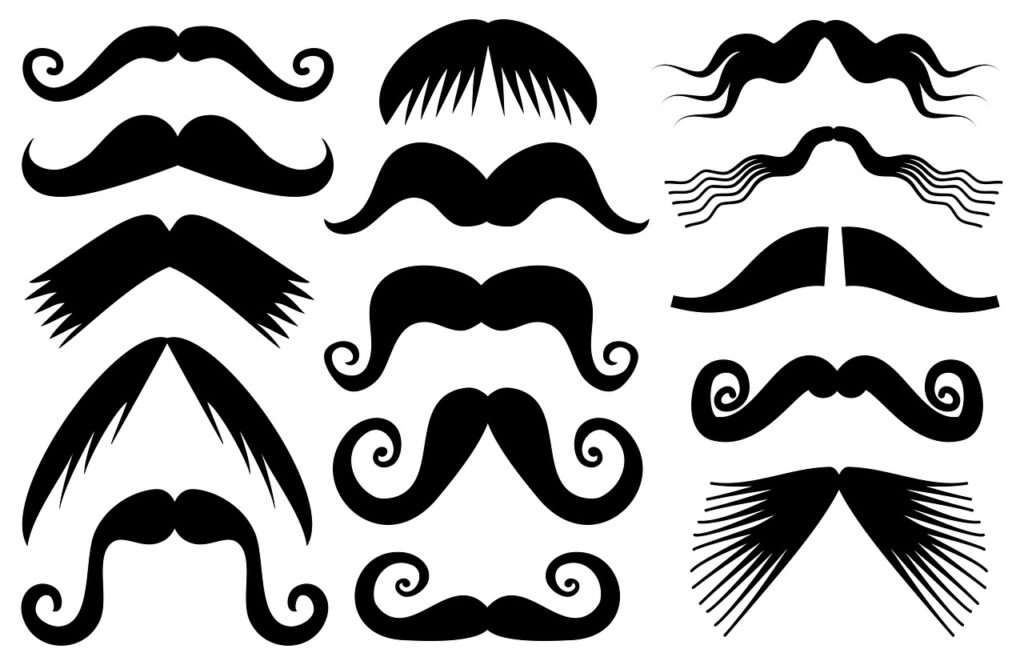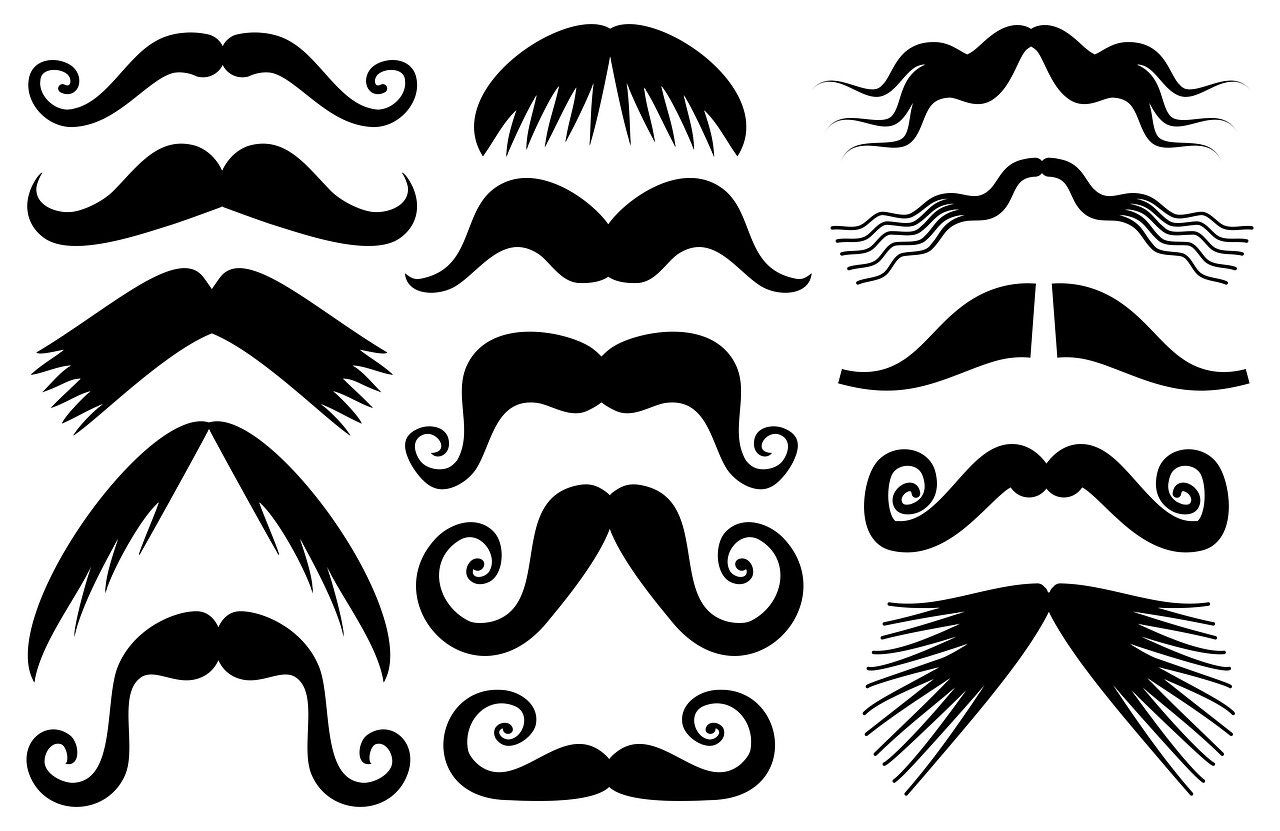Have you ever wondered if biotin oil can actually help with beard growth? It’s a question that many men, eager to achieve a thick and luscious beard, have asked themselves. But what does science say about this popular hair growth remedy? In this article, we’ll explore the effectiveness of biotin oil in promoting beard growth and uncover whether it’s truly worth adding to your grooming routine. So, if you’re curious to know if biotin oil holds the key to a fuller beard, keep reading to find out!
Overview of Biotin Oil and Beard Growth
What is Biotin Oil?
Biotin oil is a topical product that contains biotin, also known as vitamin B7 or vitamin H. Biotin is a water-soluble vitamin that plays a crucial role in maintaining the health of our hair, skin, and nails. Biotin oil is specifically formulated to target beard growth, providing essential nutrients and moisture to promote a healthier and fuller beard.
Understanding Beard Growth
Before delving into the potential benefits of biotin oil for beard growth, it’s important to understand the process of beard growth. Beard growth is influenced by genetics, hormonal balance, and overall health. The length, thickness, and density of your beard are determined by various factors such as the size of your hair follicles, the production of hormonal growth factors, and the circulation of blood and nutrients to the hair follicles.
Potential Benefits of Biotin Oil for Beard Growth
Biotin oil has gained popularity as a potential solution for those looking to enhance their beard growth. Some potential benefits of biotin oil for beard growth include:
-
Stimulating Hair Follicles: Biotin helps in the production of keratin, a protein that forms the structural component of our hair follicles. By providing an adequate supply of biotin, biotin oil may help stimulate hair follicles and promote healthier beard growth.
-
Improving Hair Health: Biotin is known for its role in nourishing and strengthening hair strands. Regular use of biotin oil can help improve the overall health of your beard hair, making it less prone to breakage and brittleness.
-
Moisturizing the Skin: Biotin oil not only targets the hair strands but also moisturizes the underlying skin. This can help prevent dryness and itchiness, which are common issues faced by individuals growing a beard.
-
Enhancing Hair Thickness: Biotin oil may potentially increase the diameter of individual hair strands, resulting in a thicker and fuller-looking beard. This can be particularly beneficial for those with patchy or thin beard growth.
While these potential benefits are promising, it’s important to note that scientific evidence on the effectiveness of biotin oil specifically for beard growth is limited.
Scientific Evidence on Biotin and Beard Growth
Limited Research on Biotin Oil and Beard Growth
Despite the widespread use of biotin oil for beard growth, there is a lack of comprehensive research specifically examining its efficacy. Most of the evidence available on biotin and its role in hair growth is focused on scalp hair rather than beard hair.
Effectiveness of Biotin in Promoting Hair Growth
Biotin has been widely studied for its role in promoting hair growth in individuals with certain hair loss conditions, such as alopecia areata. Some studies have shown that biotin supplementation can lead to an improvement in hair thickness and density. However, it’s important to note that these studies focused on scalp hair, and the findings may not necessarily apply to beard growth.
Lack of Studies specifically on Biotin Oil for Beard Growth
When it comes to biotin oil and its impact on beard growth, there is a lack of scientific studies to support its effectiveness. While anecdotal evidence and individual testimonials suggest positive results, more rigorous research is needed to establish a clear connection between biotin oil and beard growth.

How Biotin Oil Works for Beard Growth
Supplying Essential Nutrients
One way biotin oil may promote beard growth is by supplying essential nutrients to the hair follicles. Biotin is involved in the metabolism of amino acids, the building blocks of proteins. Since hair is primarily made up of a protein called keratin, an adequate supply of biotin can support the production of healthy beard hair.
Moisturizing and Nourishing the Skin
Biotin oil not only targets the hair strands but also moisturizes and nourishes the skin beneath the beard. This can be particularly beneficial for individuals experiencing dryness, flakiness, or itchiness. By keeping the skin healthy and well-moisturized, biotin oil creates an environment conducive to optimal beard growth.
Strengthening and Conditioning Beard Hair
Regular use of biotin oil can help strengthen and condition the beard hair, making it more resilient and less prone to damage. By preventing breakage and split ends, biotin oil can help maintain the overall appearance and health of your beard.
Use of Biotin Oil for Beard Growth
Choosing the Right Biotin Oil
When selecting a biotin oil for beard growth, it’s important to choose a high-quality product from a reputable brand. Look for oils that contain biotin as one of the main ingredients and are free from harsh chemicals and additives. Additionally, consider reading customer reviews and seeking recommendations from trusted sources to help you make an informed decision.
Application Techniques
To maximize the potential benefits of biotin oil for beard growth, proper application techniques are essential. Start by washing your face and patting it dry. Then, take a small amount of biotin oil and gently massage it into your beard and the underlying skin using circular motions. Be sure to distribute the oil evenly and focus on areas that need extra attention, such as patchy spots or areas with slower growth.
Frequency and Duration of Use
The frequency and duration of biotin oil application depend on individual preferences and needs. Some individuals may choose to apply biotin oil daily, while others may prefer applying it a few times a week. It’s important to listen to your body and observe how your beard responds to the oil. Experiment with different frequencies and durations to find a routine that suits your needs best.

Other Factors Affecting Beard Growth
Genetics and Hormonal Influence
Genetics and hormonal factors play a significant role in determining beard growth patterns. While the use of biotin oil can potentially support healthy beard growth, it’s important to understand that these factors cannot be completely overcome. Some individuals may naturally have a thicker and more robust beard, while others may have limitations due to their genetic predispositions.
Diet and Nutritional Intake
A healthy diet rich in essential nutrients is crucial for overall hair and beard health. Consuming a balanced diet that includes proteins, vitamins, minerals, and healthy fats can provide the necessary building blocks for hair growth. While biotin is found in various food sources such as eggs, nuts, and seeds, supplementation with biotin oil may be beneficial for those with insufficient dietary intake.
Hair Care Routine and Hygiene
Maintaining proper hair care and hygiene is essential for healthy beard growth. Regularly washing your beard, trimming split ends, and avoiding excessive heat or chemical treatments can help maintain the overall health and appearance of your beard. Incorporating biotin oil into your hair care routine can complement these practices and contribute to optimal beard growth.
Potential Side Effects and Precautions
Allergic Reactions and Skin Irritation
While biotin oil is generally safe for most individuals, there is a risk of allergic reactions or skin irritation. Before applying biotin oil to your entire beard, consider conducting a patch test on a small area of your skin to check for any adverse reactions. If you experience redness, itching, or any other concerning symptoms, discontinue use and consult a dermatologist.
Interaction with Medications
If you are taking any medications, it’s important to consult your healthcare provider before incorporating biotin oil into your beard care routine. Biotin supplements and oils have the potential to interact with certain medications, such as anti-seizure drugs and antibiotics. Your healthcare provider can provide personalized guidance based on your specific medical history and current medications.
Consulting a Dermatologist
If you have any underlying skin or hair conditions, it’s advisable to consult a dermatologist before using biotin oil for beard growth. A dermatologist can assess your individual needs, provide personalized recommendations, and address any concerns or questions you may have.

Alternative Approaches to Beard Growth
Diet and Supplements
In addition to using biotin oil, maintaining a healthy diet and considering dietary supplements can support overall beard growth. Essential nutrients such as vitamins A, C, D, and E, as well as minerals like zinc and iron, play vital roles in promoting hair health. Consult with a healthcare professional or a registered dietitian to understand your nutritional needs and explore suitable supplements if necessary.
Regular Exercise and Stress Management
Exercise and stress management can indirectly impact beard growth by promoting overall health and hormonal balance in the body. Engaging in regular physical activity and implementing stress-reducing practices such as meditation or yoga can have a positive impact on hair growth, including beard growth.
Natural Remedies and Essential Oils
There are various natural remedies and essential oils that are believed to support beard growth. Some popular options include jojoba oil, argan oil, and castor oil. While these natural remedies may have potential benefits, it’s important to remember that scientific evidence supporting their effectiveness may be limited. Use these remedies with caution and be mindful of any potential allergic reactions or adverse effects.
Customer Experiences and Reviews
Mixed Opinions and Individual Variations
Customer experiences and reviews regarding biotin oil for beard growth are varied. Some individuals report significant improvements in their beard growth and appearance after incorporating biotin oil into their routine. Others may not experience noticeable changes or may have differing results based on their individual needs, genetics, and other factors affecting beard growth. It’s important to remember that personal experiences may vary, and what works for one person may not work for another.
Experiences with Biotin Oil for Beard Growth
Many individuals who have used biotin oil for beard growth report positive results. They claim that their beards appear fuller, thicker, and healthier after regular use of biotin oil. These experiences often highlight improvements in beard texture, reduced patchiness, and enhanced overall beard appearance. However, it’s essential to keep in mind that individual results may vary, and scientific evidence regarding biotin oil’s effectiveness for beard growth is still limited.
Effectiveness in Different Beard Types
The effectiveness of biotin oil for beard growth may vary depending on individual beard types. While some individuals may experience significant improvements in beard growth, others may notice only subtle changes. Individuals with naturally thin or patchy beards may potentially benefit more from the use of biotin oil, as it can help nourish and strengthen existing hair strands. However, it’s crucial to manage expectations and understand that the extent of beard growth is largely determined by genetics.

Conclusion
In conclusion, while biotin oil has gained popularity as a potential solution for enhancing beard growth, the scientific evidence supporting its effectiveness is currently limited. Biotin oil may supply essential nutrients to the hair follicles, moisturize the skin, and strengthen beard hair. However, individual experiences and results may vary due to factors such as genetics, hormonal influence, diet, and overall hair care routine. It’s important to approach biotin oil as a complementary approach to beard growth, considering multiple factors and consulting a dermatologist if needed. Personal trial and error, along with a holistic approach to hair and beard care, may be the key to achieving optimal beard growth.
